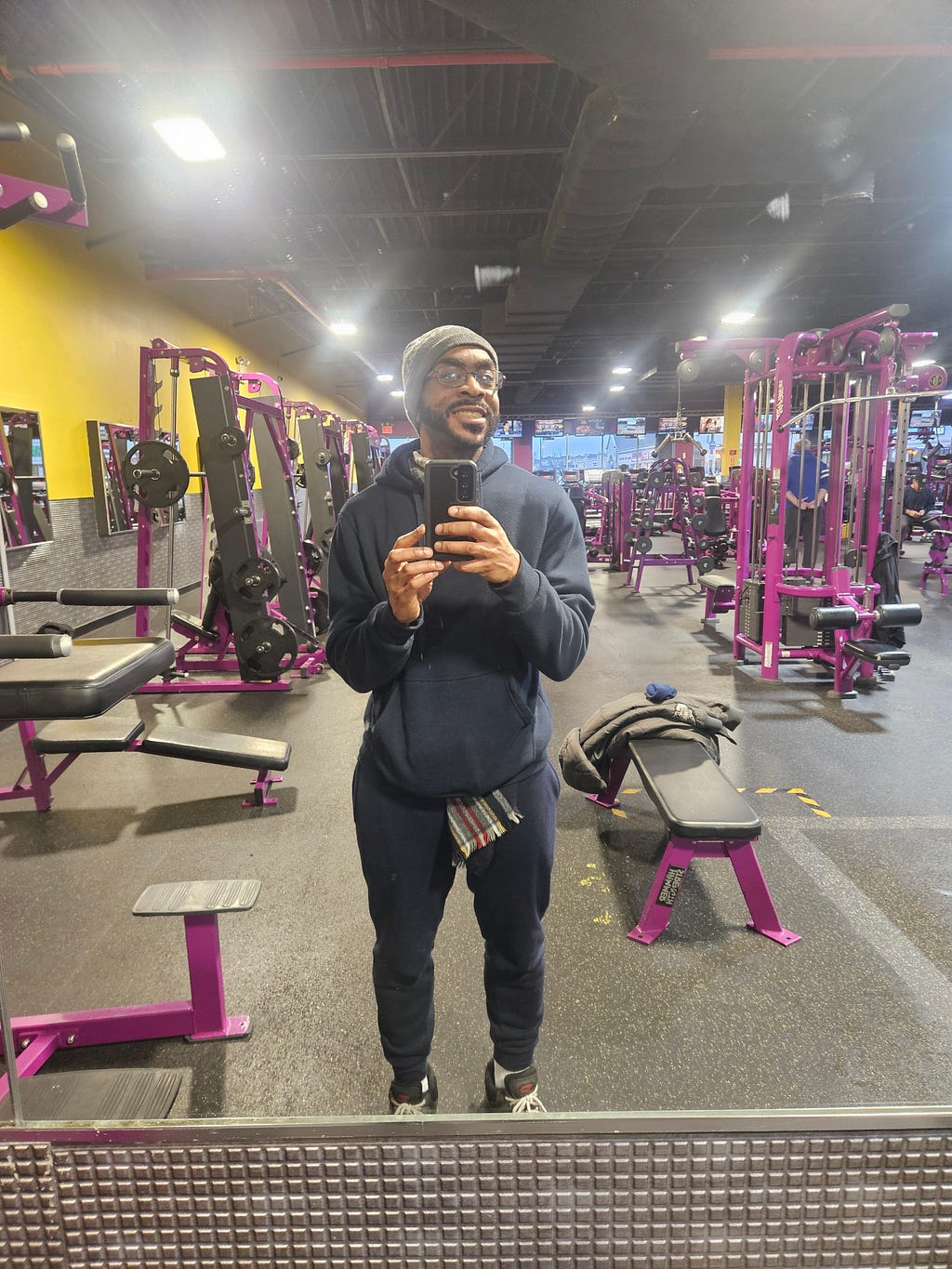
Being a People Pleaser is very rough. You aren’t able to say “No” easily. When you “make your mind up”, you change it out of fear. That fear being you won’t be seen in a positive light.
In today’s society, the tendency to prioritize others’ needs and expectations over one’s own can lead to significant emotional and psychological challenges. In this series, we would like to explore the complex dynamics of people-pleasing behavior and its impact on individual well-being and relationships. We would like to discuss the root causes of people-pleasing behavior, its effects on personal and professional life, and practical steps for cultivating healthier relationships and self-esteem. We hope that this series can provide insights, strategies, and real-life experiences that can help individuals navigate and overcome the pitfalls of being a people pleaser. As part of this series, we had the pleasure of interviewing Zachary Shiloh Watts.
Zachary Shiloh Watts is a multiple timed best-selling author. He is the host of a podcast called BLK Lion’s Airspace. BLK is short for black. He is the brain behind the Mind Over Matter Unlimited coaching system.
Thank you so much for your time! I know that you are a very busy person. Our readers would love to “get to know you” a bit better. Can you tell us your “Origin Story”? Can you tell us the story of how you grew up?
Thank you for having me!
I was born in Brooklyn, New York. I have lived in New York my entire life. I am the middle of three children in an all African-American family.
I grew up in a Christian home. I believe I was the only autistic child. I graduated from numerous schools as I aged. I have been employed by different companies in the last near 20 years.
Can you tell us a bit about what you do professionally, and what brought you to this specific career path?
I have been a Holistic Health Coach (over three years now). What brought me to what I call Mind Over Matter Unlimited is a culmination of things. I was dying literally in 2019. I was an overweight Type II diabetic.
After I had the nastiest panic attack of my life, I sought help. I reversed my diabetes. I lost over 70 pounds. I want to help people with the ways I have been helped.
Thank you for all that. Let’s now turn to the main focus of our discussion about People Pleasing. To make sure that we are all on the same page, let’s begin with a simple definition. What does “People Pleaser” mean to you?
A People Pleaser is an individual who seeks the approval of others.
On the surface, it seems like being a person who wants to please others is a good thing. Can you help articulate a few of the challenges that come with being a people pleaser?
Being a People Pleaser is very rough. You aren’t able to say “No” easily. When you “make your mind up”, you change it out of fear. That fear being you won’t be seen in a positive light.
Does being a people pleaser give you certain advantages? Can you explain?
Being a People Pleaser does have some benefits.
Say you worked for some “Fortune 500” company. You stay after your “normal” clock out time. Your boss compliments you for doing such. You are seen as a person who is reliable.
Not just reliable. Say you did the task in a timely manner? Your employer could recommend you to someone else in your exact company (or maybe somewhere else).
Can you describe a moment in your life when you realized that your own people-pleasing behavior was more harmful than helpful?
Oh there are tons of moments.. One of the biggest was when a former nursing home employee moved in with my fiancée and myself (in late 2018). I was noticing red flags with around my former coworker. I disregarded them for the woman I loved.
The next year plus saw increase in stress. No real boundaries were set up. If there were boundaries then they were violated.
In your opinion, what are the common root causes of people-pleasing behavior?
Neglect as a child.
Yearning to be seen.
Not being heard.
Taught this by family members.
Past lives.
No real boundaries.
Desire to be accepted (even if it results in health decline).
TV shows or movies.
Fear of rejection.
Lack of material things.
How does people-pleasing behavior impact personal relationships?
I believe we are all connected. That every person has some desire to be accepted. This activates what is known as “The Law of Attraction”.
How does people-pleasing behavior impact professional relationships?
People ple`asing professionally could rub coworkers negatively. One image is that a person is “kiss up”. Another is the individual has “no life” (beyond the job). One more vision is a sexual affair that has manifested.
How can long-term people-pleasing behavior impact an individual’s mental health?
If the people pleaser is seen in a positive light, this can trigger the happy chemical known as “Dopamine”. This can make them believe their behavior is acceptable. It can lead to them wanting more.
If vice versa has occurred, I say that they can feel not valuable or loved.
In your experience, what is the role of self-awareness in overcoming people-pleasing tendencies, and how can individuals cultivate it?
The role of self-awareness helped me. I gave into things I was totally against (like drinking alcohol). I wound up almost dying from panic attacks. Once I was assessed that I wasn’t myself then I sought help.
Everyone is unique. They will cultivate their self-awareness over time. When? That depends more so on the individual themselves.
Here is the primary question of our discussion. Based on your experience or research, what are the “Five Strategies Or Techniques That Can Help Individuals Break Free From The Cycle Of People-Pleasing”? If you can, please share a story or an example for each.
1 . Acknowledge the problem
2 . Desire to change
3 . Imagine your people pleasing free life
4 . Believe that people pleasing free life is yours
5 . Know that the people pleasing free life is a day-to-day process
What steps should people pleasers take to establish healthier boundaries?
Follow the five points of the previous question.
Know that not everyone will accept you.
It’s fine to say “No”.
You don’t have to stay “extra” time.
Be your own best friend.
How can someone who is naturally empathetic maintain their compassion while becoming more assertive?
I would recommend meditation, shadow work and inner child work.
What are the most common misconceptions about people pleasers, and how do these misconceptions affect their journey toward recovery?
People pleasers are misconceived as folks who have perfect lives. They are believed to have all that they want in life. They are considered to have no problems.
I say that depends on the actual person themselves.
What role can therapy or counseling play in helping individuals overcome people-pleasing behavior?
I believe having someone to talk to can help. It would be especially beneficial if the one seeking help gets it from a person who overcame this problem.
You are a person of great influence. If you could start a movement that would bring the most amount of good to the most amount of people, what would that be? You never know what your idea can trigger. 🙂
I would bring about a movement where people wouldn’t have to scratch and claws to live. To build a world where people wouldn’t have to worry about things like money (or healthcare). A place where we human beings respect one another.
How can our readers further follow your work online?
I am on Facebook, Instagram and Twitter. The readers can find me as Zachary Shiloh and BLKLion130.
Thank you so much for sharing these important insights. We wish you continued success and good health!
Thank you for having me! I appreciate this wonderful opportunity.
Zachary Shiloh Watts On How to Recover From Being a People Pleaser was originally published in Authority Magazine on Medium, where people are continuing the conversation by highlighting and responding to this story.
